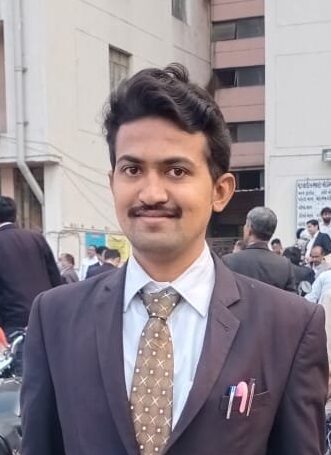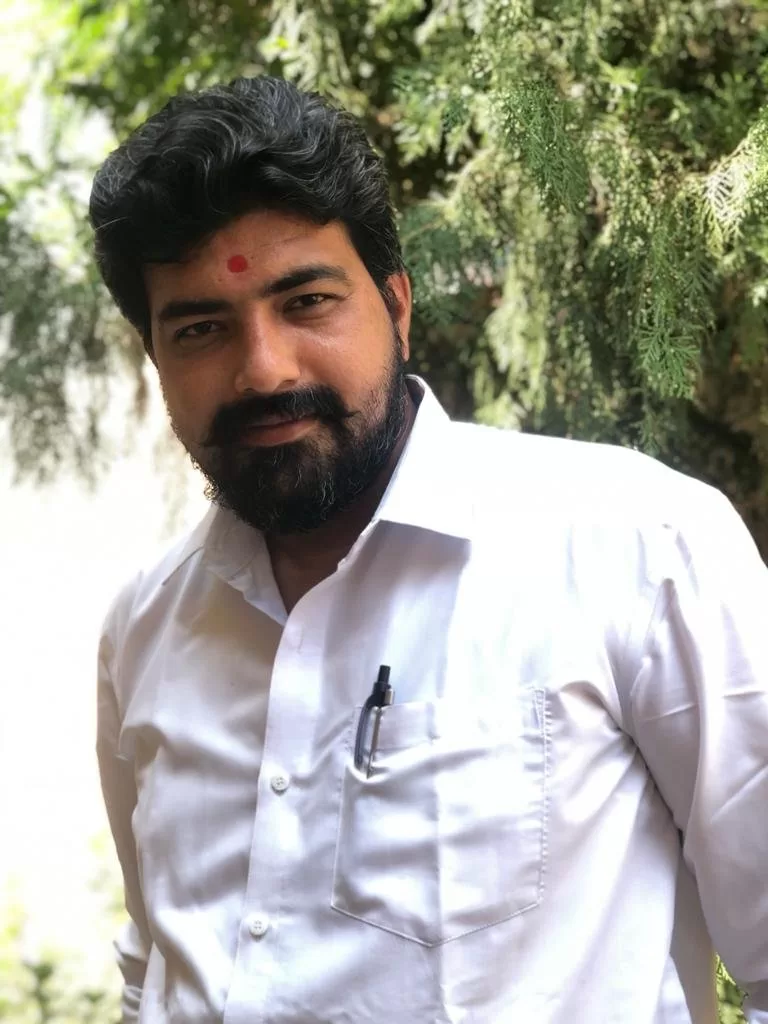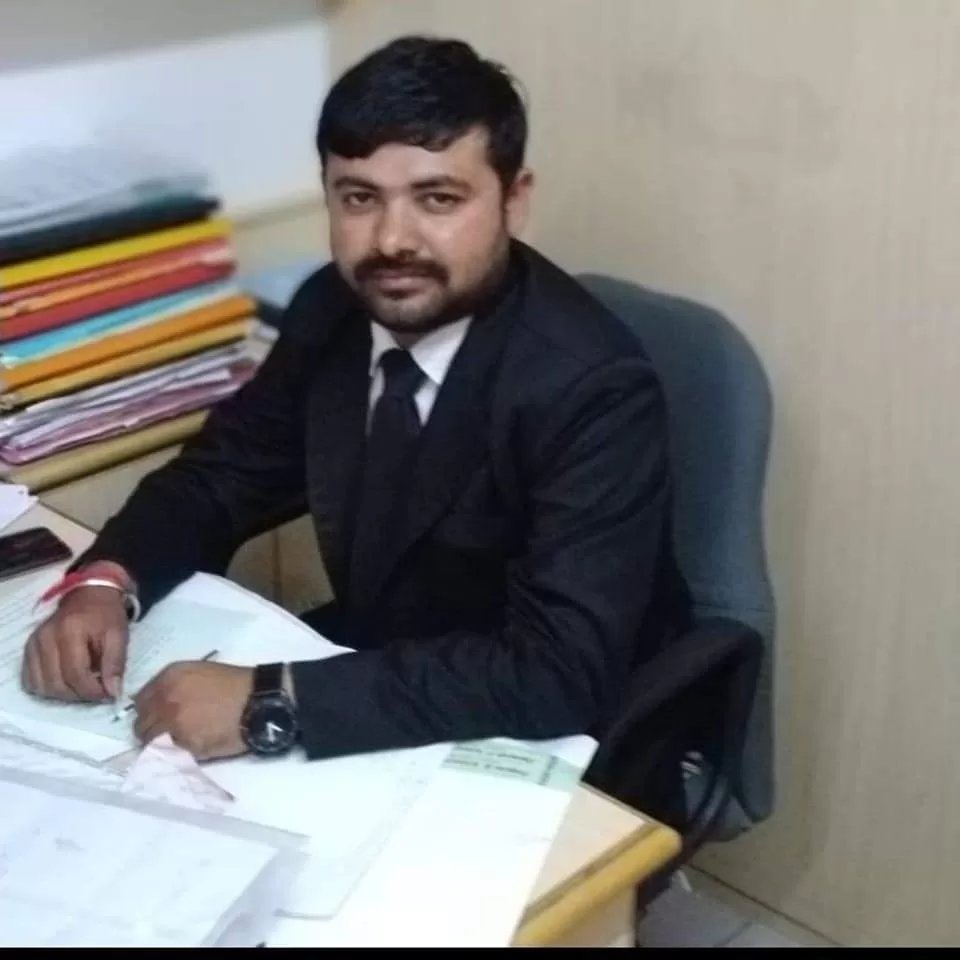The Hon’ble High Court of Bombay in the case of Vinay Potdar v. State of Maharashtra4 held that, if victim of the offence appeared in the court seeking permission to be heard, then opportunity of being heard is to be given to him or her.
However, the apex court in the case of Sundeep Kumar Bafna v. State of Maharashtra,5 took a slightly contrary view to what we discussed above. The court held that “The upshot of this analysis is that no vested right is granted to a complainant or informant or aggrieved party to directly conduct a prosecution. So far as the Magistrate is concerned, comparative latitude is given to him but he must always bear in mind that while the prosecution must remain being robust and comprehensive and effective it should not abandon the need to be free, fair and diligent. So far as the Sessions Court is concerned, it is the Public Prosecutor who must at all times remain in control of the prosecution and a counsel of a private party can only assist the Public Prosecutor in discharging its responsibility. The complainant or informant or aggrieved party may, however, be heard at a crucial and critical juncture of the trial so that his interests in the prosecution are not prejudiced or jeopardized.




